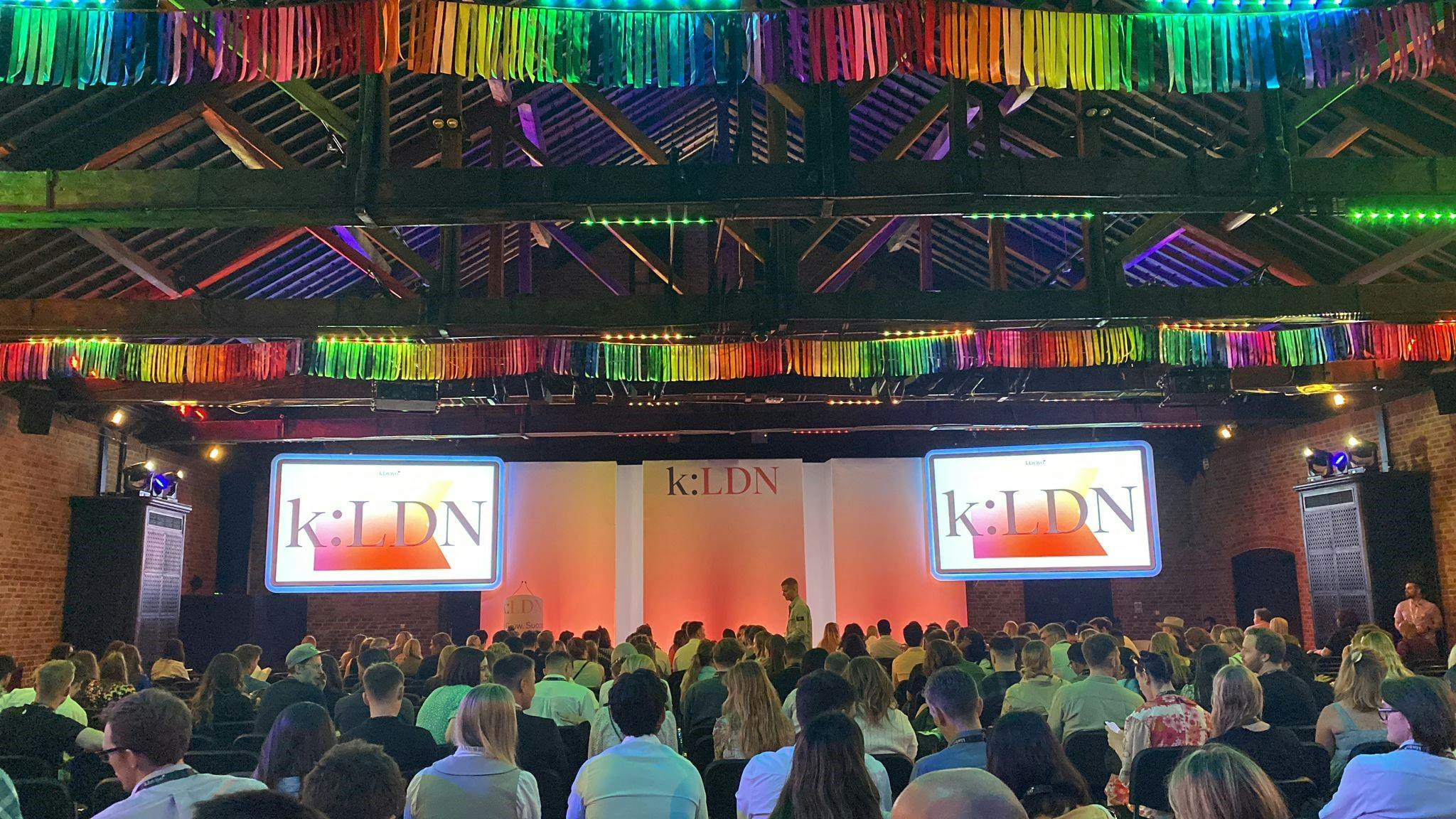In a recent talk at Digital X, Timo Raab, Global Ecommerce Director at Kiehls - L'Oréal, shared strategies on leveraging a mix of digital and physical channels to more effectively target the Gen Z audience as a luxury brand. It was a fantastic talk, and one we'd recommend to any ecommerce professional working in the mid-market to luxury sector, so we’ve recapped the key takeaways from his presentation below:
The Shift to Social Media and Omnichannel Shopping
The presentation began with Timo’s exploration of how customers, particularly Gen-Z, discover new products. He highlighted the role of online searches, noting that platforms like TikTok have become dynamic search tools for younger generations. Timo noted a clear shift towards social media and a primary discovery and shopping channel, with customers increasingly engaging in omnichannel experiences.
Luxury brands are adapting to this shift by establishing stronger online footprints. While mass-market brands typically see 25-30% of their sales online, luxury brands are embracing a more balanced approach - with 50% of transactions occurring online. This 50/50 blend of online and physical caters to the convenience of modern customers - allowing for a more seamless shopping experience.
Strengthening Online Presence and Social Commerce
Kiehl's has expanded its reach by selling on various marketplaces, such as Sephora, and focusing on recruiting younger customers through targeted Google ads and engaging social media content. The campaign lifecycle has also evolved, with longer durations allowing algorithms more time to optimize and deliver better results. This strategic patience helps in effectively reaching and converting the younger demographic.
The role of Kiehl's boutiques has transformed to enhance the omnichannel experience. Initiatives like livestreaming skincare academies provide educational content to customers, bridging the gap between in-store and online interactions. By offering valuable skincare education, Kiehl's not only engages customers but also builds trust and loyalty.
Real and Relatable Marketing
One of the most notable shifts discussed was in the approach to marketing. Timo Raab explained how L'Oréal, the parent company of Kiehl's, has transitioned from aspirational TV advertising campaigns featuring celebrities like Julia Roberts to more relatable 'real-life' content on social media. Today's consumers are more responsive to people like them trialling products on social media, showcasing their imperfections and providing genuine reviews. This educational rather than aspirational approach resonates more with modern consumers, who value authenticity and transparency.
The Role of Data and Technology
Data plays a crucial role in understanding and meeting customer needs. Kiehl's generates insights through skincare surveys, which help tailor products and services to individual preferences. This data-driven approach ensures that marketing strategies are both relevant and effective.
China is leading the way in social commerce, with 20% of business coming from this channel. The session highlighted the various types of social commerce and how brands can activate these channels to drive growth. By using platforms popular among younger consumers and integrating social commerce strategies, luxury brands can enhance their reach and engagement.
By embracing social media, enhancing online presence, and adopting a more relatable marketing approach, brands are successfully capturing the attention of younger consumers. The insights from Timo Raab provide a valuable roadmap for luxury brands looking to navigate the complexities of modern customer acquisition.
Contact us today to learn how we can support your brand's journey in targeting and engaging the next generation of consumers.

I look after Unified's overarching marketing strategy and keep our marketing engine running with fresh content, speaking opportunities, award submissions and great partnerships.




